Lindt cafe siege officer who hopes to help other PTSD victims forced to be anonymous
A Tactical Operations Unit officer who helped to end the Lindt cafe siege wants to use his experience fighting PTSD to help others — but is still unable to identify himself nine years later.
News
Don't miss out on the headlines from News. Followed categories will be added to My News.
Officer A was ready to die.
Standing outside the Lindt Cafe, where 18 hostages were being held by an armed terrorist, the masked cop in the black balaclava and tactical helmet was calm in the knowledge he would not survive.
He called his loved ones, said goodbye and requested final text messaged pictures of them. Then, with his NSW Police Tactical Operations Unit (TOU) mates, he stormed the building.
Officer A wants to tell you his whole story: the 17-hour horror of December 15-16, 2014; his encounter with Man Haron Monis, who claimed to have a bomb in his backpack; what happened to him in the years following — and what still haunts him to this day.
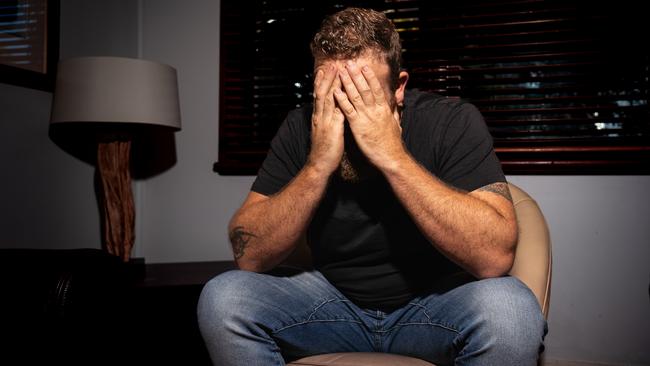
But he wants to do it face-to-face. To be able to look other first responders crippled with PTSD right in the eye, let them hear and see for themselves that there is a way forward.
Officer A’s identity was blocked as part of the coronial inquiry into the deaths that day.
Now, despite nine years having passed, the NSW State Coroner has informed him she still “has no power” to allow his name to be known “as the proceedings are finalised”.
He doesn’t understand why now, all these years later and with no threats, the ban should remain in operation.
His only option, it seems, is to defy the NSW Coroner’s orders, out himself, and risk crippling fines and even a jail sentence.
Officer A has dragged himself from the depths of despair and is finding a purpose in helping others.
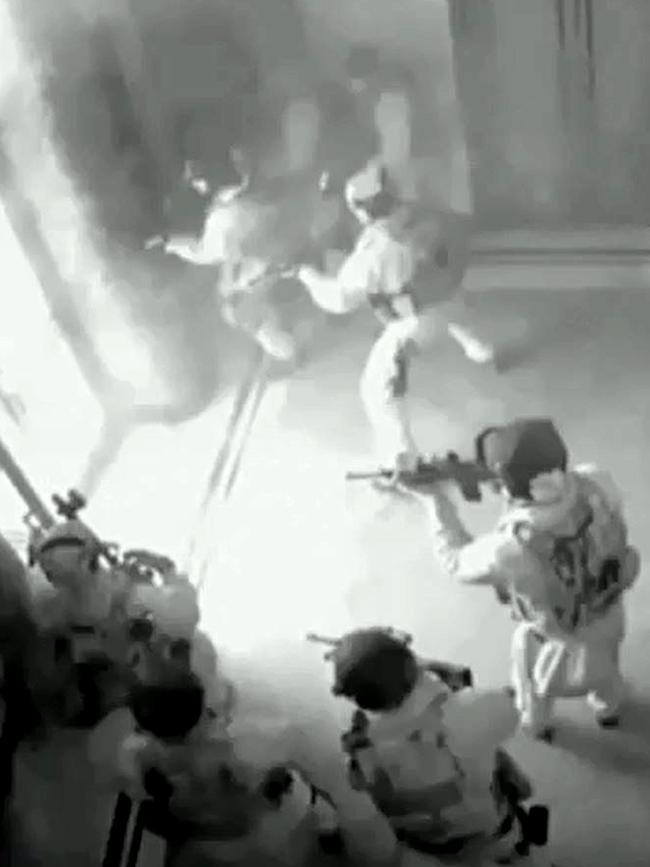
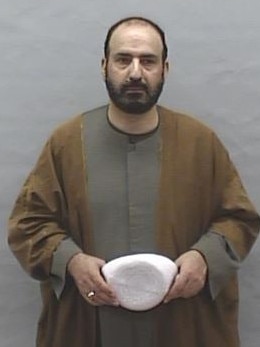
“I’ve gone through every dog shit thing that comes with PTSD since the siege. I hit rock bottom,” he said, revealing he was diagnosed with severe depression, panic disorder and PTSD.
“Then there’s also that identity crisis, with going from being a SWAT cop, somebody that’s important, to nothing.
“The way I operate is I refuse to let things beat me. I refuse to let PTSD beat me.
“I have applied my tactical training to confront the ‘threat’ of PTSD always advancing, never retreating.
“It’s a message that I know a lot of others can relate to. It’s a message that I want to continue to push but I’m not allowed to.
“For reasons unbeknownst to me, they won’t let me have my name back.”
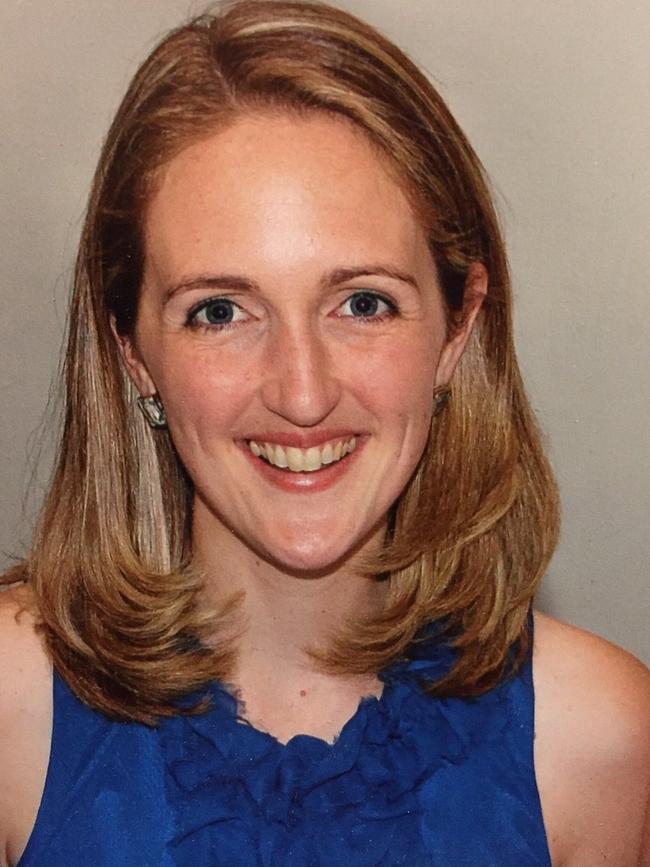

There is no doubt Officer A has a unique perspective on fear, trauma and how to climb out of a private hell.
“I think you’ll find a lot of people, probably the majority in the TOU that day have now left the police, either to get promoted or they’re busted up with PTSD,” he said.
“I’d still be there, I reckon, if I could be, if I hadn’t found Katrina,” he said, referring to barrister Katrina Dawson who was killed by multiple police bullet fragments when the officers stormed the building after Monis executed Lindt Cafe manager Tori Johnson.
“What got me was literally looking into her eyes as she breathed her last breath,” Officer A said.
“That’s what my nightmares are about, the panic attacks. I see someone fitting the basic description, like a blonde 30-something woman and just instantly, yeah, I think it’s her and I have a panic attack.”
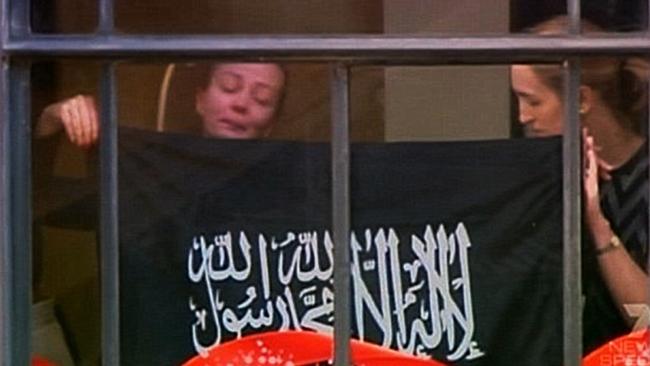
Officer A has never witnessed anything like the fear surrounding him that day.
“I’ve never seen it. I’ve known people in shock or traumatised, but I’ve never seen people completely overwhelmed with fear like that,” he said.
“I think once a person gets to a certain threshold that they’re not controlling themselves then raw self-preservation takes over.”
He was back at work the day after the siege that shut down Sydney and shocked the country, and spent the next six years in high-pressure and often life-and-death situations, not addressing his own battle with mental illness until a work-related knee injury and surgery stopped him in his tracks.
“I’d actually walk around police headquarters visualising other cops being shot, but not me shooting,” he said.
“I’d just picture them bleeding out. That’s what was going on in my head, and I knew there was something wrong with me.”
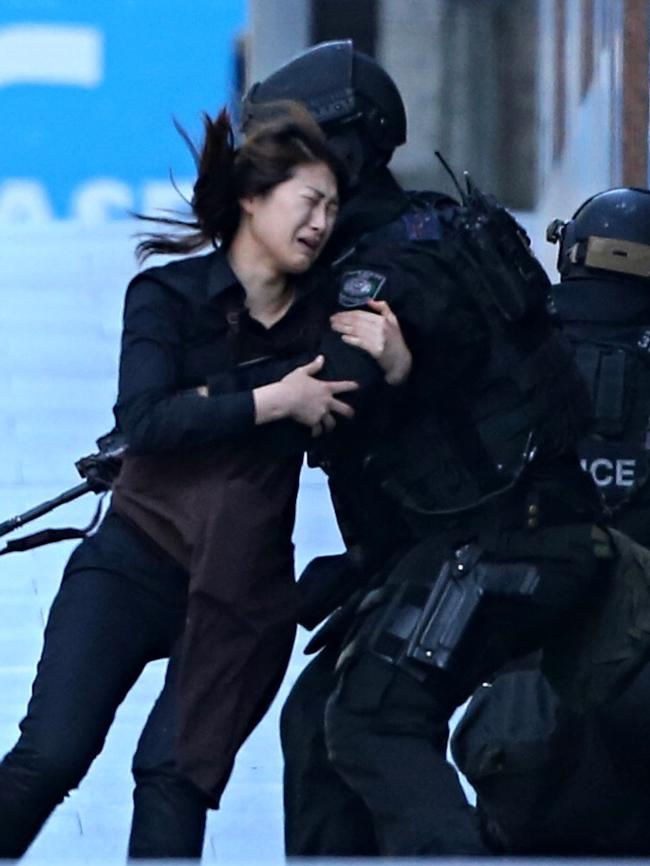
In his book Tiger! Tiger! Tiger! he described a “well check” conducted earlier that day as “no support at all” and a “box-ticking” exercise.
Writing the book has been cathartic and an important step towards his own healing.
He dreams of being allowed to share his story publicly, face-to-face, through public speaking or even a movie, and being “part of the solution” with NSW Police officials to better protect their officers.
He’s pleading with NSW Police Commissioner Karen Webb to intervene.
While Officer A understands the need for the order at the time of the incident — a standard move by his own lawyers to protect him from any retaliation and to protect the NSW Police Force he doesn’t understand why it should remain in operation.
He feels his book about the Lindt Cafe siege may have ruffled enough feathers that nobody is willing to do him any favours.
NSW Police Force engaged lawyers and waged a back-and-forth battle with the book publisher in the months before its release last year, expressing concerns the book could jeopardise future operations and the safety of acting police officers.
Officer A was sent legal letters warning him against breaching any suppression order made during the coronial inquest.
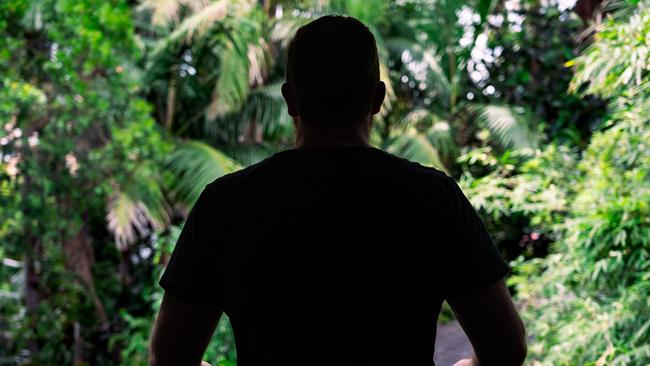
Dr Rob Goodfellow, co-consultant editor for Tiger! Tiger! Tiger!, described Officer A’s situation as the “ultimate battler story”.
“A wounded hero cop who just wants his name back and a heartless bureaucracy doing everything to stop him,” he said.
Dr Goodfellow described the State Coroner’s office’s legal inability to lift the order as “effectively a life sentence”.
“He is banned for life for his service. This is a greater punishment than actual convicted terrorists get. Outrageous.”
Dr Goodfellow said the higher purpose of Tiger! Tiger! Tiger! is that Officer A’s story has helped thousands of people live with PTSD, most of them first responders.
“All he wants is to share his story in person, not anonymously,” he said.
“The inside story of the Lindt Cafe siege and Officer A’s battle with PTSD is actually something we would like to put into the safe hands of an Aussie filmmaker, maybe someone like Blue-Tongue Films”.
The NSW Coroner’s Court told the Sunday Telegraph: “As the matter has been finalised the Coroner is functus officio, which means they no longer have any legal power to amend orders made during the inquest.
“The court cannot provide advice in respect to what course of action or representations Officer A can make to lift any protective orders.
“He should seek his own independent legal advice in respect to this.”
NSW Police Force did not comment.
Tiger! Tiger! Tiger! is available at www.tigertigertigerbook.com
Got a news tip? Email weekendtele@news.com.au
Originally published as Lindt cafe siege officer who hopes to help other PTSD victims forced to be anonymous



